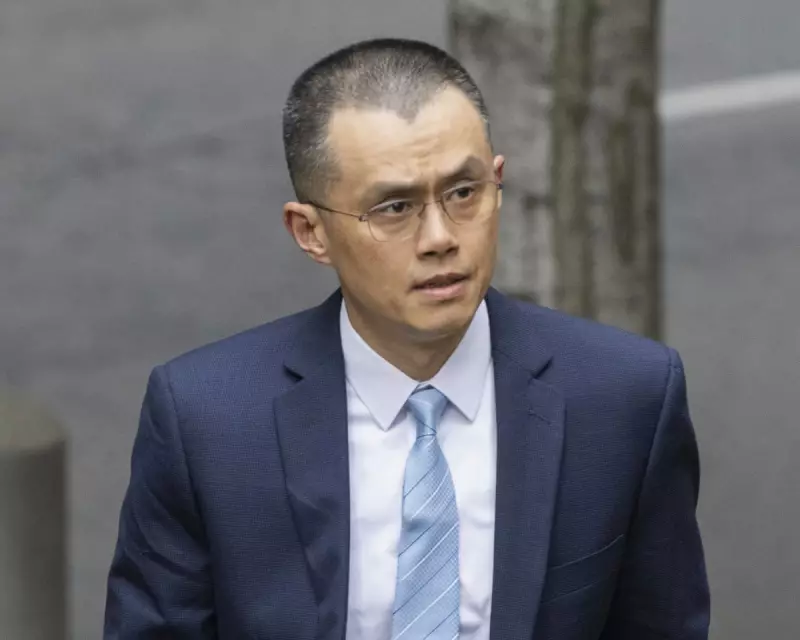
In a stunning development that has sent shockwaves through the financial and political worlds, former President Donald Trump has granted a full pardon to Changpeng Zhao, the embattled founder of cryptocurrency giant Binance.
The Controversial Clemency Decision
The pardon, issued during the final days of Trump's administration, effectively clears Zhao of all federal charges he was facing in the United States. The Binance CEO had been under intense scrutiny from multiple regulatory bodies, including the Securities and Exchange Commission and the Department of Justice.
This extraordinary move represents one of the most high-profile interventions in the cryptocurrency sector by a sitting US president and raises significant questions about the future of digital asset regulation.
Background: Zhao's Legal Battles
Changpeng Zhao, commonly known as "CZ" in crypto circles, had been facing potentially severe legal consequences for his role in operating Binance, the world's largest cryptocurrency exchange. Federal prosecutors had been investigating the platform for various alleged violations, including:
- Failure to implement proper anti-money laundering protocols
- Potential securities law violations
- Operating without appropriate financial licenses
- Concerns about customer fund handling
The investigation had cast a shadow over Binance's operations and contributed to significant volatility in cryptocurrency markets.
Political Fallout and Industry Reaction
The pardon has generated intense debate across political and financial circles. Supporters argue that Zhao was being unfairly targeted by overzealous regulators, while critics contend the move undermines financial regulation and sets a dangerous precedent.
Cryptocurrency advocates have largely welcomed the decision, viewing it as a validation of the industry's importance and a signal that digital assets deserve fair treatment under the law.
Regulatory experts, however, have expressed concern that the pardon could embolden other crypto firms to flout financial regulations, anticipating potential political protection.
What This Means for Crypto Regulation
The Trump administration's intervention in Zhao's case signals a potentially significant shift in how cryptocurrency businesses might be treated by future governments. This development comes as:
- Global regulators intensify their scrutiny of digital assets
- Traditional financial institutions increasingly embrace blockchain technology
- Governments worldwide develop comprehensive crypto regulatory frameworks
The pardon may encourage other cryptocurrency entrepreneurs to seek political support for their ventures, potentially changing the dynamic between innovators and regulators.
Looking Ahead: Implications for 2025 and Beyond
As Zhao returns to full control of Binance without the threat of US legal action, the cryptocurrency industry watches closely to see how this precedent will affect ongoing regulatory discussions. The move undoubtedly strengthens Zhao's position as one of the most influential figures in the digital asset space.
This controversial decision is likely to remain a talking point in political debates about financial regulation, presidential power, and the appropriate balance between innovation and consumer protection in the rapidly evolving world of cryptocurrency.





